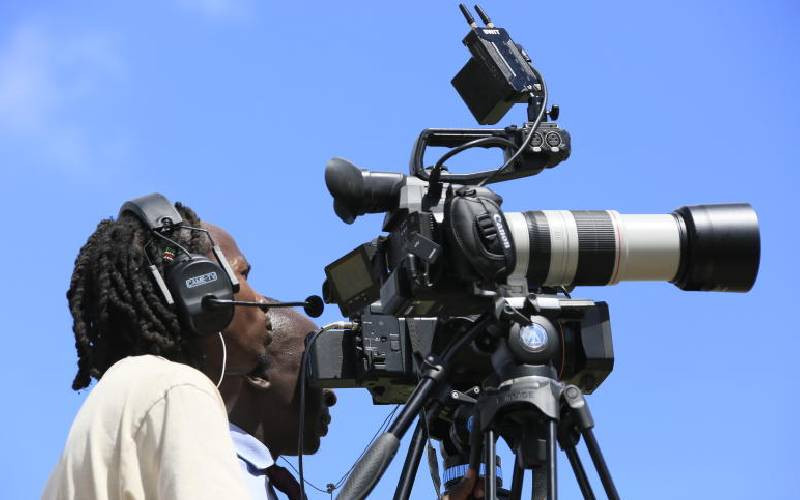×
The Standard e-Paper
Smart Minds Choose Us

The unresolved death of Tanzanian journalist Azory Gwanda is similar to what happened to two journalists in Kenya; Henry Nyaruri and John Kitiyu. Their killers remain unknown which inks down in bold the story of challenges facing journalists in the region despite notable expansion of investment in media.